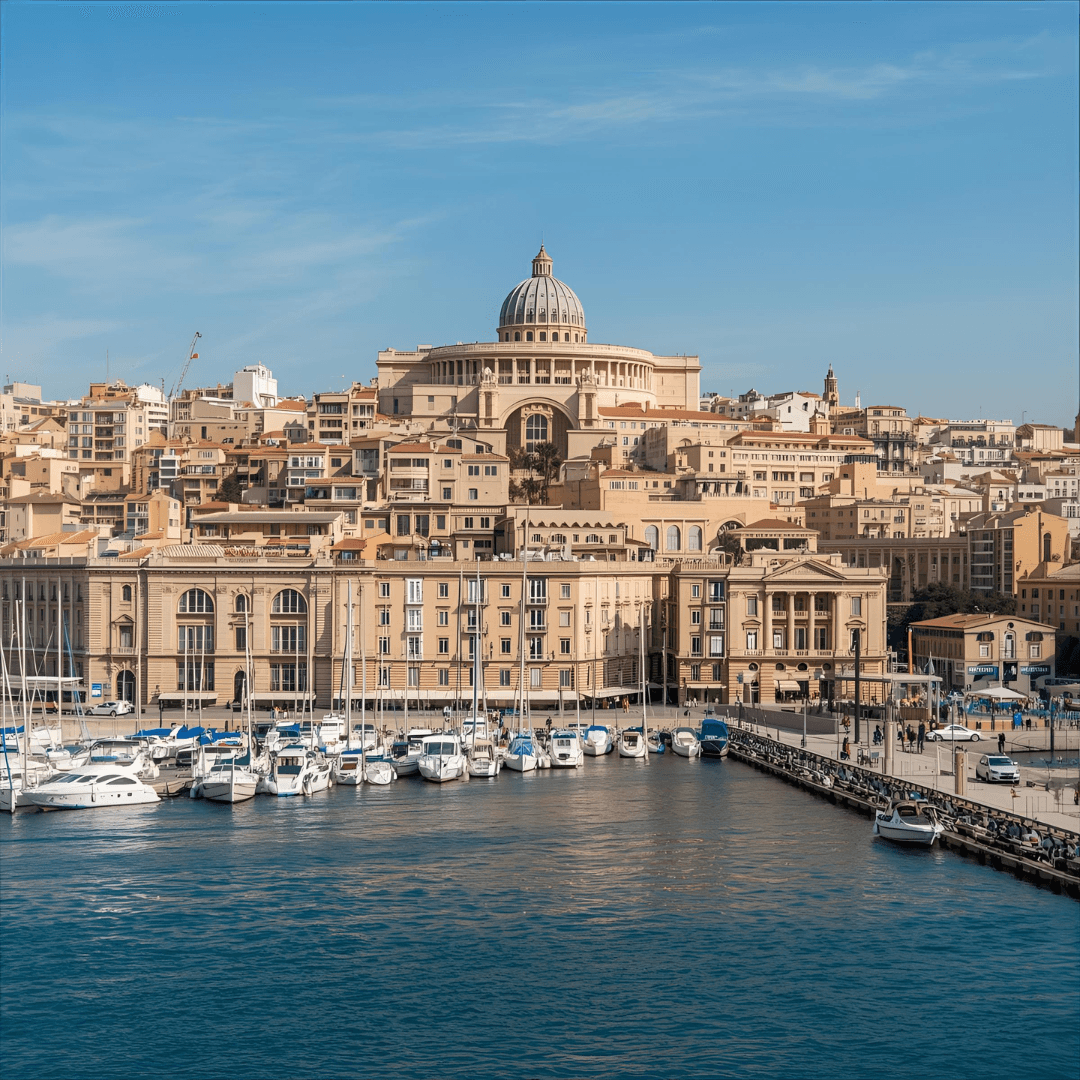Global News
Polixis CEO Comments on the Consequences of the Recent Sanctions Against Russia
DATE
27 Feb, 2022
Read time
15
In his interview to Tribune de Genève on 25 February 2022, Polixis Founder and CEO Gagik Sargsyan said:
"Compliance services are facing an enormous work to verify the so-called collateral exposure perimeter. In this regard, the sanctions announced on Thursday by OFAC against the two largest Russian banks – Sberbank and VTB – complicate everything, because they also target all the companies, all the structures, in which these two institutions hold more than 50% stake. Currently, for 20,000 to 30,000 primary sanctions, we may have 200,000 indirectly exposed structures".
Commenting to Citywire Switzerland, Sargsyan said: "It is impossible to predict what the sanctions will look like. Different political actors are sharing completely contradictory messages. First, they need to decide whether they are sanctioning the Russian government or the entire Russian people. European countries could refuse to buy any Russian gas or oil. The US could in theory ban all US technology from export to Russia. That would be hugely damaging, but the side effects would not yet be clear. However, if sanctions are similar to those which have previously been levied on Russia, the outcome would be more predictable. Individuals hit with sanctions will struggle to use Swiss financial services, even if they have not been sanctioned by Switzerland. It almost does not matter if Switzerland introduces sanctions, because Swiss banks need operational relationships with the EU and US, and to do so they have to enforce their sanctions. Swiss banks are willing to follow sanctions law, but identifying who should be subject to them is a difficult process. 99% of Swiss banks fully respect EU and US sanctions. The challenge is whether they have the capacity to implement them. Even if only a handful of Russians are sanctioned by name, hundreds of thousands of people have collateral exposure. Banks have to check a huge number of clients who are not actually named insanctions legislation".
Related articles




